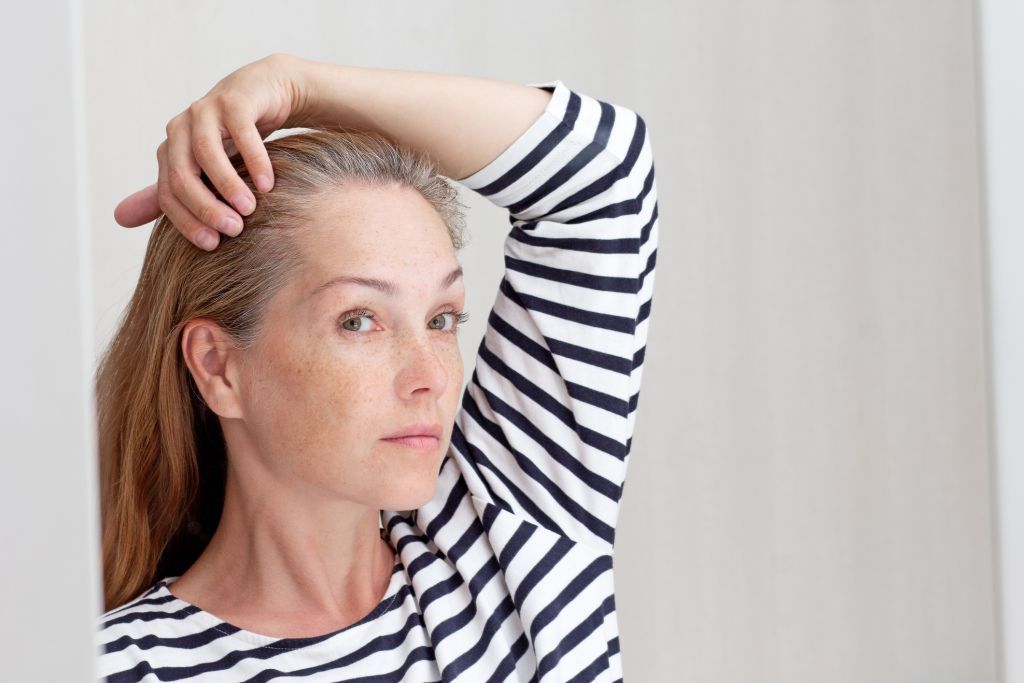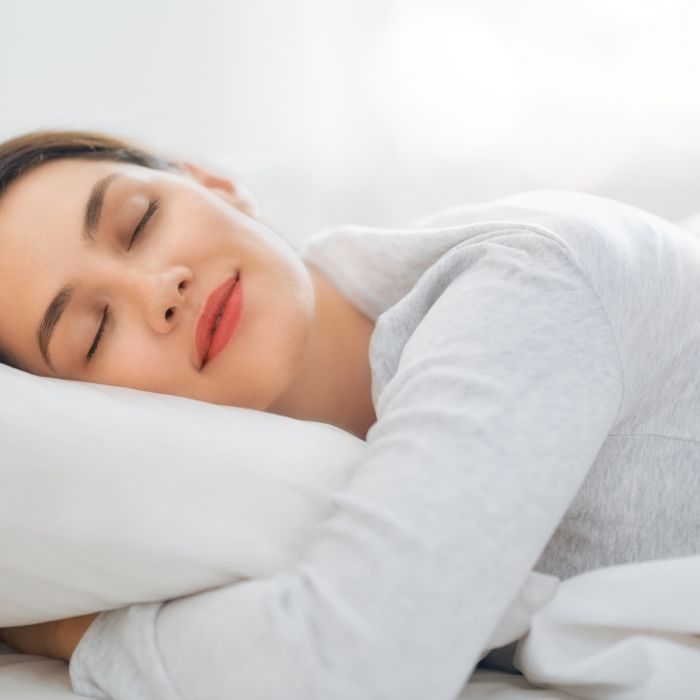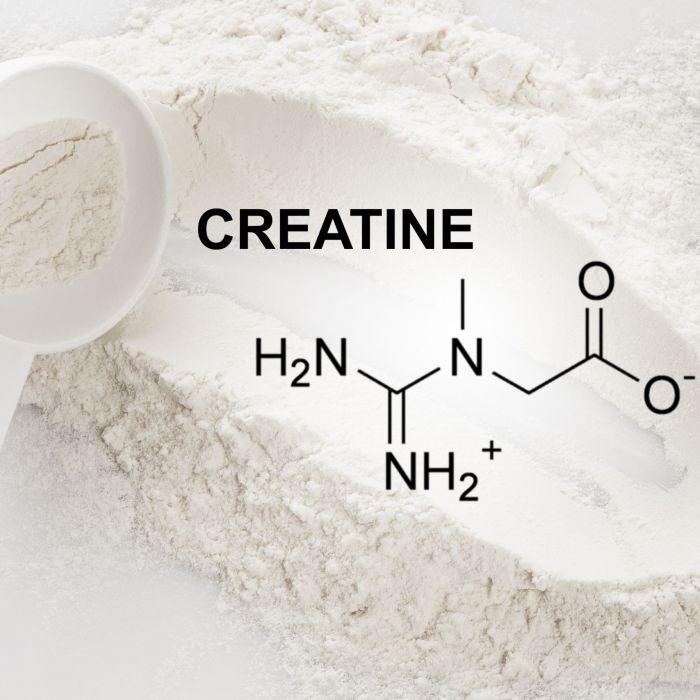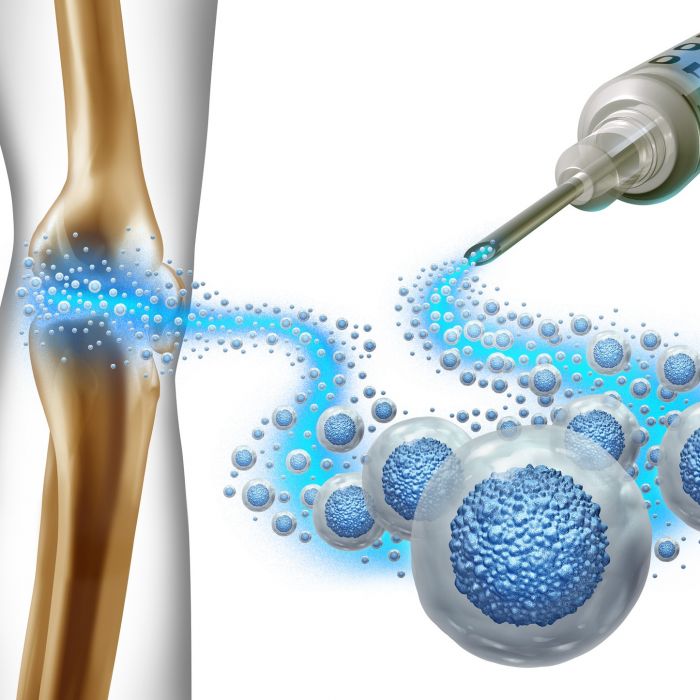As we age, our bodies undergo numerous changes, and our hair is no exception. Both men and women experience graying, thinning, and some degree of hair loss as they grow older. While these changes can be distressing, there are various ways to address them, including medical treatments and lifestyle modifications with the help of the medical professionals here at AgeRejuvenation. Let’s explore the effects of aging on hair and discuss methods to maintain healthy, vibrant locks.
Understanding the Aging Process and Its Impact on Hair
Hair goes through a natural growth cycle consisting of three phases: anagen (growth), catagen (transition), and telogen (resting). As we age, the anagen phase becomes shorter, leading to thinner, more brittle hair. Additionally, the production of melanin, the pigment responsible for hair color, decreases over time, causing gray hair to appear.
Hormonal changes also play a significant role in hair health. As we age, our bodies produce less estrogen and progesterone, which can contribute to hair thinning and loss. In men, an increase in dihydrotestosterone (DHT) can lead to male pattern baldness.
Medical Treatments for Aging Hair
- Hormone Replacement Therapy (HRT): HRT is a treatment that aims to balance hormonal levels in the body. For women experiencing hair loss due to menopause, HRT can help restore estrogen and progesterone levels, promoting hair growth and thickness. However, it is essential to consult with a healthcare professional to discuss the potential risks and benefits of HRT.
- Platelet-Rich Plasma (PRP) Therapy: PRP therapy involves injecting a concentrated solution of platelets derived from the patient’s own blood into the scalp. Platelets contain growth factors that stimulate hair follicles, promoting hair growth and thickness. PRP therapy has shown promising results in treating age-related hair loss and thinning.
- Medications: Minoxidil (Rogaine) and Finasteride (Propecia) are FDA-approved medications for treating hair loss. Minoxidil is a topical solution that stimulates hair growth, while Finasteride is an oral medication that blocks the production of DHT, the hormone responsible for male pattern baldness.

Lifestyle and Nutrition for Healthy Hair
In addition to medical treatments, changes in your die and lifestyle can be important contributors to healthy hair.
- Balanced Diet: A balanced diet rich in vitamins and minerals is crucial for maintaining healthy hair. Consume a variety of fruits, vegetables, lean proteins, and healthy fats to provide your body with the nutrients it needs. Biotin, a B-vitamin, is particularly important for hair health and can be found in foods such as eggs, nuts, and whole grains.
- Hydration: Staying hydrated is essential for overall health, including hair health. Drink plenty of water throughout the day to keep your body and hair properly hydrated.
- Gentle Hair Care: Treat your hair gently to minimize damage and breakage. Use a mild shampoo and conditioner suitable for your hair type and avoid harsh chemicals and heat styling tools. When brushing or combing your hair, use a wide-toothed comb and be gentle to prevent pulling and breakage.
- Stress Management: Chronic stress can contribute to hair loss and thinning. Engage in stress-reducing activities such as meditation, yoga, or regular exercise to promote overall well-being and hair health.
- Sun Protection: Prolonged exposure to UV rays can damage hair, leading to dryness, brittleness, and color fading. Protect your hair by wearing a hat or using hair products with UV protection when spending time outdoors.
Embracing Gray Hair
While some people choose to cover their gray hair with dyes, others embrace their natural silver strands. If you decide to let your gray hair shine, consider using purple shampoos and conditioners to neutralize yellow tones and maintain a vibrant, healthy appearance.
Aging brings about various changes in our hair, but with the right approach, we can maintain healthy, beautiful locks at any age. Medical treatments such as HRT and PRP therapy can help address age-related hair loss and thinning, while a balanced diet, gentle hair care, and stress management contribute to overall hair health. Whether you choose to embrace your gray hair or explore treatment options, remember that the key to healthy hair is consistent care and attention.
If you are experiencing significant hair loss or thinning, consult with a healthcare professional here at AgeRejuvenation about our treatment options including hair restoration. We can help determine the underlying cause and recommend the most appropriate plan for your individual needs.








